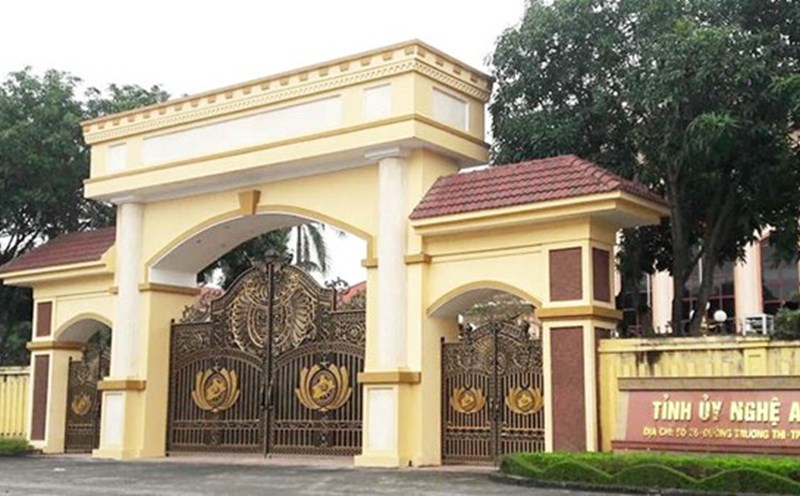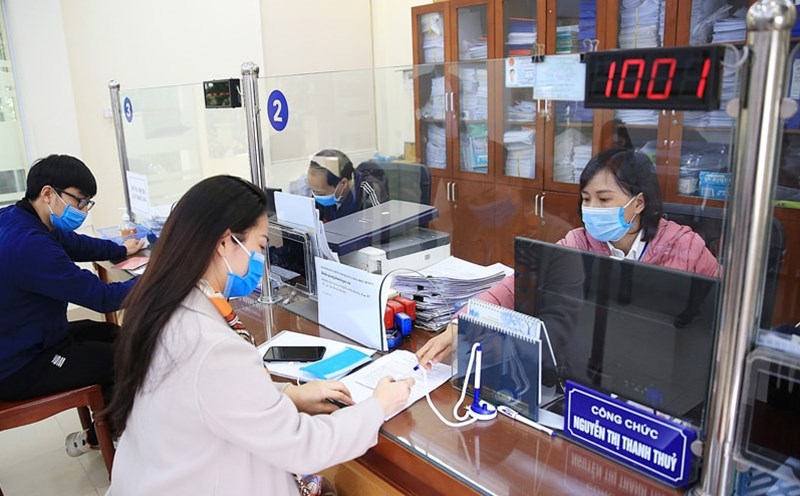The current status of allowances for medical staff
Decree No. 56/2011/ND-CP, issued on July 4, 2011, stipulates preferential allowances for civil servants and public employees at public health facilities. After more than 13 years of implementation, this decree has revealed some shortcomings that need to be adjusted.
A doctor working at Bach Mai Hospital shared: “The current allowance is not enough to compensate for the effort and time we put in. We have to work continuously, face the risk of infection and stressful situations, but the treatment remains unchanged.”
In fact, many medical staff, especially at the grassroots level, are working in conditions lacking equipment and harsh working environments but receiving disproportionate income. This not only affects their quality of life but also reduces the attractiveness of the medical profession, leading to a shortage of human resources in many localities.
The Ministry of Health is drafting a new Decree to replace Decree 56/2011/ND-CP. This draft aims to attract and retain highly qualified medical staff, especially at the grassroots level and in the field of preventive medicine.
Proposal to increase allowances for medical staff: Ensuring fairness, avoiding disparities
The increase in allowances aims to improve the lives of medical staff, helping them feel secure in their work. The Ministry of Health proposes preferential allowance levels according to occupation: 70% for officials doing special work such as testing and treating leprosy, tuberculosis, mental illness, HIV/AIDS and group A infectious diseases; 60% for officials examining and treating other infectious diseases, 115 emergency, border medical quarantine, or fields such as chemotherapy, nuclear medicine. The levels of 50% and 40% apply to jobs such as anesthesia, resuscitation, diagnostic imaging, and public health.
Dr. Nguyen Viet Hung - former Head of the Infection Control Department (Bach Mai Hospital) - raised the issue of inadequacy: Infection control staff at specialized facilities for HIV/AIDS, tuberculosis, leprosy, and mental health only receive 40%, while colleagues providing care and treatment receive 70%. Although infection control work requires direct supervision in clinical departments, handling medical instruments, waste, and exposure to sources of pollution, the current allowance regime still does not reflect the specific nature of the profession.
Decree No. 56/2011/ND-CP stipulates a 40% allowance for infection control and preventive medicine. However, the new draft proposes to raise this to 70%, creating consistency with groups of employees working in the prevention field.
Notably, the group working on communication, health education and family planning, which previously received 30%, is now also proposed to increase equally. This raises concerns about the risk of unfairness in the allocation of allowances for infection control staff at specialized facilities.
Dr. Hung suggested that infection control staff should receive 70% to reflect the true nature of their work: They have to deal with pollution sources and social pressure, while also playing an important role in disease prevention and control. Increasing the allowance will not only be fairer but also encourage and motivate the workforce working in preventive medicine, in line with the direction of the Ministry of Health and the Government.
This draft is expected to solve the problem of shortage of highly qualified medical human resources, especially at the grassroots level and in the prevention sector. At the same time, reasonable allowance adjustments will help reduce absenteeism in the industry, improve the quality of medical services and ensure sustainable development of the public health system.
The proposal to increase the allowance is not only a response after more than 13 years of waiting, but also shows respect for those who are silently protecting public health.











